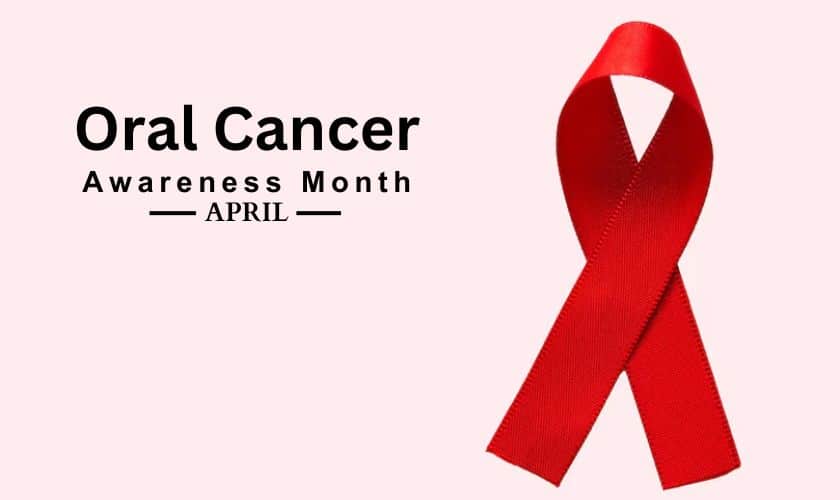
Our smiles are powerful tools. They light up a room, connect us with loved ones, and boost our confidence. But just like any precious possession, our smiles need a little TLC to stay healthy. That’s where oral health comes in, and it’s more than just brushing and flossing twice a day. Today, we’re diving into a topic that might not be the cheeriest, but it’s crucial for keeping your smile bright: oral cancer.
Oral cancer refers to cancers that develop in your mouth and throat. While it’s not the most common type of cancer, it’s essential to be aware of the risk factors and take steps to protect yourself. The good news? There are several things you can do to significantly reduce your chances of developing oral cancer. Let’s explore some simple yet effective ways to keep your smile healthy and strong.
Quitting the Culprits: Tobacco and Alcohol
This one’s a no-brainer. Tobacco use, in any form, is a major risk factor for oral cancer. Cigarettes, cigars, chewing tobacco, and snuff all contain harmful chemicals that irritate and damage the delicate tissues in your mouth. These same chemicals can also weaken your immune system, making it harder for your body to fight off potential cancer cells.
Alcohol is another culprit, especially when combined with tobacco. The combo significantly increases your risk of oral cancer. If you currently use tobacco or drink heavily, quitting is the single most impactful step you can take to reduce your risk. There are tons of resources available to help you quit, from support groups to counseling services and even medication. Talk to your doctor about the best approach for you.
HPV Vaccination: A Powerful Shield
The human papillomavirus (HPV) is a group of viruses that can cause various health problems, including some types of oral cancer. The good news is that the HPV vaccine can significantly reduce your risk of developing HPV-related oral cancers. This vaccine is recommended for both boys and girls at ages 11 or 12, but it can also be given to young adults up to age 26.
Sun Protection for Your Smile
Most of us associate sun protection with preventing skin cancer, but did you know your lips are vulnerable too? Sun exposure is a risk factor for lip cancer. Make a habit of applying lip balm with SPF 30 or higher whenever you’re outdoors, especially during peak sun hours (10 am to 4 pm).
Dietary Choices for a Healthy Smile
What you eat plays a role in your overall health, including your oral health. A diet rich in fruits and vegetables provides your body with essential vitamins, minerals, and antioxidants that can help fight off free radicals – unstable molecules that can damage cells and contribute to cancer development. Filling your plate with colorful produce is a delicious way to support your body’s natural defenses.
Regular Dental Checkups: Early Detection is Key
Even with all the preventive measures, it’s still important to get regular dental checkups. Your dentist can perform an oral cancer screening during your routine cleaning. This painless exam allows them to check for any suspicious changes in your mouth and throat. Early detection is crucial for successful treatment of oral cancer.
Maintaining Good Oral Hygiene
Brushing your teeth twice a day and flossing daily are essential for removing plaque and bacteria that can contribute to gum disease. While gum disease itself isn’t directly linked to oral cancer, it can create inflammation in your mouth, which can potentially mask early signs of cancer. So, keeping your mouth clean and healthy is an excellent way to promote overall oral health.
Listen to Your Body
While regular checkups are vital, it’s also important to be aware of any changes in your mouth or throat. Here are some signs to watch for:
- Mouth sores that don’t heal within two weeks
- Lumps in your mouth or neck
- Difficulty swallowing
- Unexplained changes in your voice
- Persistent white or red patches on your tongue or gums
If you experience any of these symptoms, don’t hesitate to schedule an appointment with your dentist or doctor. Early diagnosis is key for successful treatment and a better prognosis.
By following these simple steps, you can significantly reduce your risk of oral cancer and keep your smile healthy for years to come. Remember, a healthy smile is a happy smile! So take charge of your oral health, make smart choices, and enjoy the confidence that comes with a bright, healthy grin.
